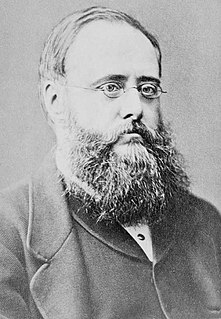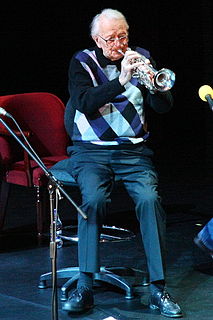A Quote by Martin Luther King, Jr.
I always had a deep affection for Malcolm and felt that he had a great ability to put his finger on the existence and the root of the problem. He was an eloquent spokesman for his point of view and no one can honestly doubt that Malcolm had a great concern for the problems we face as a race.
Related Quotes
Elements within Malcolm's X own entourage, some of them were very angry with some of the changes that had occurred with Malcolm. One source of anger, curiously enough, was that - was the tension between MMI and OAAU, that the MMI, the Muslim Mosque Incorporated, these were women and men who had left the Nation of Islam out of loyalty to Malcolm, but then Malcolm continued to evolve rapidly.
Mahatma Gandhi I would say had perhaps a greater spiritual quality whereas Winston Churchill had besides the courage, ability and above everything else, the ability to put into words what his people felt so that he could always lead them. And my own husband I think had great patience, which you need in a democracy because you have to come to do fundamental things, you have to have the patience to have people educated; and then I think he had a deep interest in human beings as human beings.
Whites have always put one against another and now they have a dead man who was nothin' but a, he admitted it himself, Malcolm X, was a tramp or had white women sellin' their body for him, he was nothin' until the Honorable Elijah Mohammed made him great, made him great, taught him, even his name X come from Elijah.
I always thought that Seth [Rogen] was a fun, caustic, bombastic, sweet, underdog-type of person that I would root for the way you used to root for Bill Murray or John Candy in "Stripes." Seth had something that very few people you encounter have: he had a writer's mind and he had his own comic point of view.
Not the shadow of a doubt crossed my mind of the purpose for which the Count had left the theatre. His escape from us, that evening, was beyond all question the preliminary only to his escape from London. The mark of the Brotherhood was on his arm-I felt as certain of it as if he had shown me the brand; and the betrayal of the Brotherhood was on his conscience-I had seen it in his recognition of Pesca.
We talk about how hard it is now. But if we look back at the '60s, we actually had a president that was assassinated. We had riots, we had Vietnam, Martin Luther King, Malcolm X, the FBI, and the Black Panther war. There was so much happening at the time where it felt like America was coming apart at the seams.
He had put his hand up in class, a declaration of existence, a claim that he knew something. And that was forbidden to him. They could give a number of reasons for why they had to torment him; he was too fat, too ugly, too disgusting. But the real problem was simply that he existed, and every reminder of his existence was a crime.
It meant that Diana had not waited for any explanation, however halting and imperfect, but had condemned him unheard; and this showed a much harder, far less affectionate woman than the Diana he had known or had thought he knew - a mythical person, no doubt created by himself. It had of course been evident from her letter, which made no reference to his; but he had not chosen to see the evidence and now it was absolutely forced upon his sight it made his eyes sting and tingle again. And deprived of his myth he felt extraordinarily lonely.
The sense that in his mother's view, he had let down his family just by being who he was... was a failure of acceptance that he was never going to get over. He just wanted to live, honestly and out front, with no apology. Like everyone else. To love who he loved, be who he was… but society had a different standard, and as he always feared, his parents were a part of that.








































